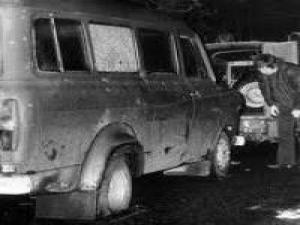
The decision will be announced in two weeks.
A prosecutorial decision on a man whose palm print was allegedly found on a getawa vehicle used in the Kingsmill massacre is set to be announced within two weeks, a coroner has been told.
The already long-delayed inquest into the murders of 10 Protestant workmen gunned down in rural south Armagh in 1976 was again put on hold last year with the dramatic announcement that detectives had apparently matched the print to an individual.
Two months later a 59-year-old man was arrested in Newry, Co Down. He was released pending a police file being sent to prosecutors for assessment.
A preliminary inquest hearing in Belfast on Monday was told that the Public Prosecution Service (PPS) has written to Coroner Brian Sherrard to inform him that a decision on whether a case will be taken against the suspect is imminent.
The letter, dated January 26, said it was "reasonably anticipated that a prosecution decision will issue within the next two weeks".
At an early inquest hearing, a lawyer for the Police Service of Northern Ireland (PSNI) said detectives believed the print belonged to the arrested man.
Prosecutors had been awaiting additional investigative material from the police before making a final decision. Belfast Coroner's Court heard that material was passed on recently.
Mr Sherrard welcomed the indication from the PPS.
"The decision will to some extent guide our next steps in this process," he said.
The coroner said if the decision was not to prosecute then he would move to reconvene the inquest at the earliest opportunity.
The textile workers were shot when their minibus was ambushed in an attack seen as a reprisal for loyalist killings in the same area.
Those on board were asked their religion and the only Catholic was ordered to run away.
The killers, who had been hidden in the hedges, forced the 11 remaining men to line up outside the van before opening fire.
One man - Alan Black - survived, despite being hit 18 times.
The getaway vehicle was left abandoned across the Irish border and the palm print was subsequently recovered.
Following re-examination by forensic scientists in May 2016, a potential match was found on the police's database - a week after a fresh inquest into the shootings opened in Belfast.
No-one has ever been convicted of the murders, which have been widely blamed on the IRA, even though the organisation never admitted responsibility.
At Monday's hearing, which was attended by Mr Black and number of bereaved relatives, the coroner also expressed concern not all material from the Irish police - An Garda Siochana - had yet to be disclosed to the legal parties in the inquest.
He said he would address the issue.
"There is a cross-border element to it (the case) and we would not be able to proceed properly in this matter in the absence of disclosure of this material from An Garda Siochana," he said.
Irish Taoiseach Enda Kenny vowed in 2015 that all Garda files related to the murders would be handed over to the Coroner's Service in Northern Ireland.


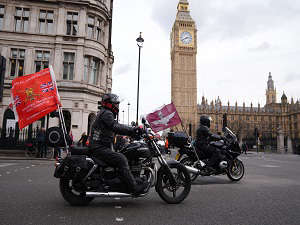 Bikers to descend on Westminster for veterans protest against Legacy Act repeal
Bikers to descend on Westminster for veterans protest against Legacy Act repeal
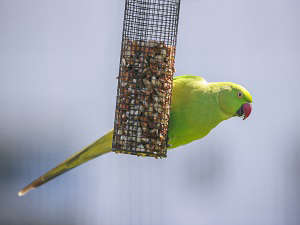 Guidance sought over future of colourful parakeets in Belfast park
Guidance sought over future of colourful parakeets in Belfast park
 Woman released after questioning over pipe bombs in Co Down
Woman released after questioning over pipe bombs in Co Down
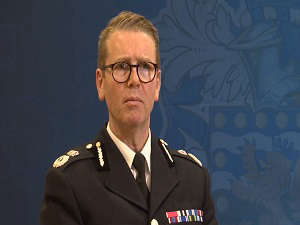 Suspended chief constable will not be prosecuted over alleged sexual offences
Suspended chief constable will not be prosecuted over alleged sexual offences
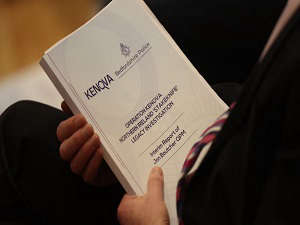 MI5 files not deliberately withheld from Stakeknife probe, review concludes
MI5 files not deliberately withheld from Stakeknife probe, review concludes